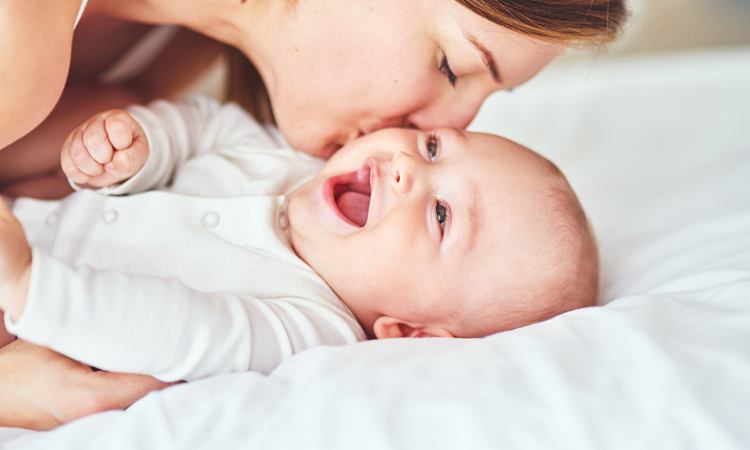In Honor Of World Breastfeeding Week
“When it comes to parenting, we all make decisions for different reasons. Breastfeeding is a choice, and one each woman should make on her own.”
–Rose Caiola
In today’s culture, the pressure to breastfeed has become quite a controversial topic. In fact, many women who choose not to breastfeed – for whatever reason – are feeling disapproval from their peers and guilty for their decision.
In a recent New York Times article, “Overselling Breastfeeding,” Courtney Jung talks about the “righteous zeal” that surrounds this emotive topic.
Righteous zeal may be an apt term for they way some people approach the topic of breastfeeding, but Jung also revealed some interesting research about breastfeeding, and whether it really benefits children as much as experts say it does. The writer herself was left with a feeling of emptiness after breastfeeding for six months.
Her main point was that we should support each other in our own motherhood choices. “All too often, breast-feeding advocacy crosses the line from supporting a woman in her decision to breast-feed into compelling a woman to breast-feed,” says Jung.
Jung had breastfed herself but was disappointed after looking at the actual research on the overall benefits. She felt like it had been oversold.
Does there need to be more acceptance of a mother’s personal choices? Instead of forcing the issue, we should realize that while every mother wants the absolute best for her children. Not all can, or want to breastfeed. Should we focus on the whole baby, not just breastfeeding?
The fact is, more and more mothers embark on nursing these days. The CDC’s most recent Breastfeeding Report Card says, “The percent of US infants who begin breastfeeding is high at 77%. While there is concern that infants are not breastfed for as long as recommended, the National Immunization Survey data show continued progress has been made over the last ten years. Of infants born in 2010, 49% were breastfeeding at 6 months, up from 35% in 2000.”
But the competition between mothers needs to be addressed with a more rational, open minded approach. There are so many other variables when taking care of a newborn, there is no one-size-fits-all.
Dr Michael Kramer’s Promotion of Breastfeeding Intervention Trial (PROBIT) studied 14,000 mother-infant pairs over 16 years. His research challenges many observational studies. For instance, while he found breastfeeding had some benefits – including for cognitive development – it didn’t reduce the risk of asthma, obesity, allergies or attention deficit hyperactivity disorder (ADHD).
So how can we take the focus away from breastfeeding and shift it to baby instead?
Even in light of Kramer’s research, breastfeeding is a great choice, there’s no denying it. It is however, each mother’s choice to breastfeed. If a mother tries and it isn’t working, there should be support, not shame. We are all unique in our parenting stories. As new mothers, our circumstances differ. We could be living away from helpful relatives and friends in another city or country. Supporting each other is vital – ever heard the saying “it takes a village?” That’s because it does!
We should focus on other aspects of mothering such as baby care, setting solid routines in those chaotic early days, Mom and baby bonding, having a safe and happy home environment. If a Mom is too stressed with breastfeeding struggles, it’s more difficult for her to focus on parenting as a whole.
As for bonding, there are so many ways to bond with a baby. A warm snuggle is a very special bonding moment – with breast or bottle. A giggle or song with Mom is always fun. Sharing the sights and sounds in the park provide endless entertainment. A gentle stroke of an infant’s head at night, will send most babies into a sweet slumber. A happy Mom to fall asleep on is very cosy.
A woman should breastfeed because she wants to, not because she’s told she has to. At the end of the day, we all want the absolute best for our children.


